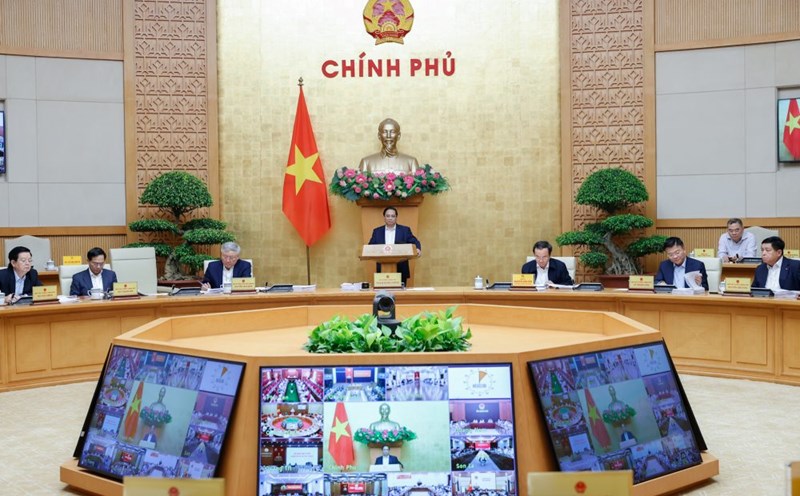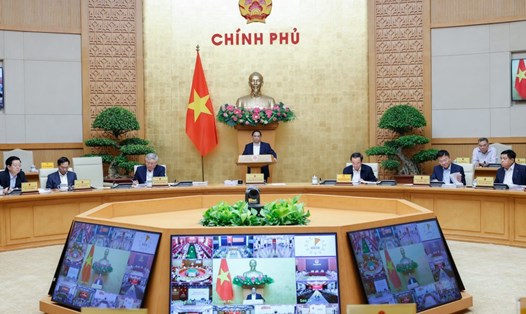On April 15, continuing the 44th session, the National Assembly Standing Committee commented on the draft Resolution on extending the duration of the agricultural land use tax exemption period.
Presenting this content, Minister of Finance Nguyen Van Thang said that the Government submitted to the National Assembly to promulgate the Resolution of the National Assembly to extend the time for the implementation of agricultural land use tax exemption as prescribed in Resolution No. 55/2010/QH12, Resolution No. 28/2016/QH14 and Resolution No. 107/2020/QH14 until the end of December 31, 2030.
Summarizing and evaluating 20 years of implementing the policy of exemption and reduction of agricultural land use tax shows that the total amount of agricultural land use tax exemption and reduction in the 2001-2010 period is an average of 3,268.5 billion VND/year; The period from 2011-2016 average is about 6,308.3 billion VND/year; In the period of 2017-2020, about VND 7,438.5 billion/year; The average period 2021-2023 is about 7,500 billion VND/year.
According to Minister Nguyen Van Thang, the purpose of developing a resolution is to institutionalize the policies and views of the Party and the State on agriculture, farmers and rural areas.
At the same time, encouraging organizations and individuals to invest in agriculture, farmers and rural areas, contributing to the restructuring of agricultural sector, further raising the value of agricultural products, thereby improving the competitiveness of agricultural products in the context of international integration.
Continuing to promote the achieved results of agricultural land use tax exemption policies, ensuring appropriate international practices.
Assessing the impact, Minister of Finance Nguyen Van Thang stated that continuing tax exemption by the end of 2030 will not reduce revenue because this is a policy being implemented in reality.
This continues to be a form of direct support to farmers, a source of direct financial investment for agriculture, farmers and rural areas to invest and expand production scale to improve productivity and product quality.
"This also helps create jobs for farmers, improve their lives, stick with agricultural production, contribute to encouraging investment and promoting agricultural economy to develop sustainably," said Minister Nguyen Van Thang.
At the same time, according to the Minister, the tax exemption shows the consistent policy of the Party and the State on agriculture, farmers and rural areas; In accordance with the 5 -year socio -economic development strategy, the master plan for developing agricultural production.
Verification and standing of the National Assembly's Economic and Finance Committee agreed with the Government's proposal.
Chairman of the Committee of Economic and Finance Phan Van Mai added, many opinions in the Standing Committee said that agricultural land use tax policies should be considered and evaluated in the overall tax policies for land.
Concluding the meeting, Vice Chairman of the National Assembly Vu Hong Thanh said that the Standing Committee of the National Assembly asked the relevant agencies to continue completing the draft resolution and attached documents to increase persuasion and report to the National Assembly for consideration and decision at the 9th session.











